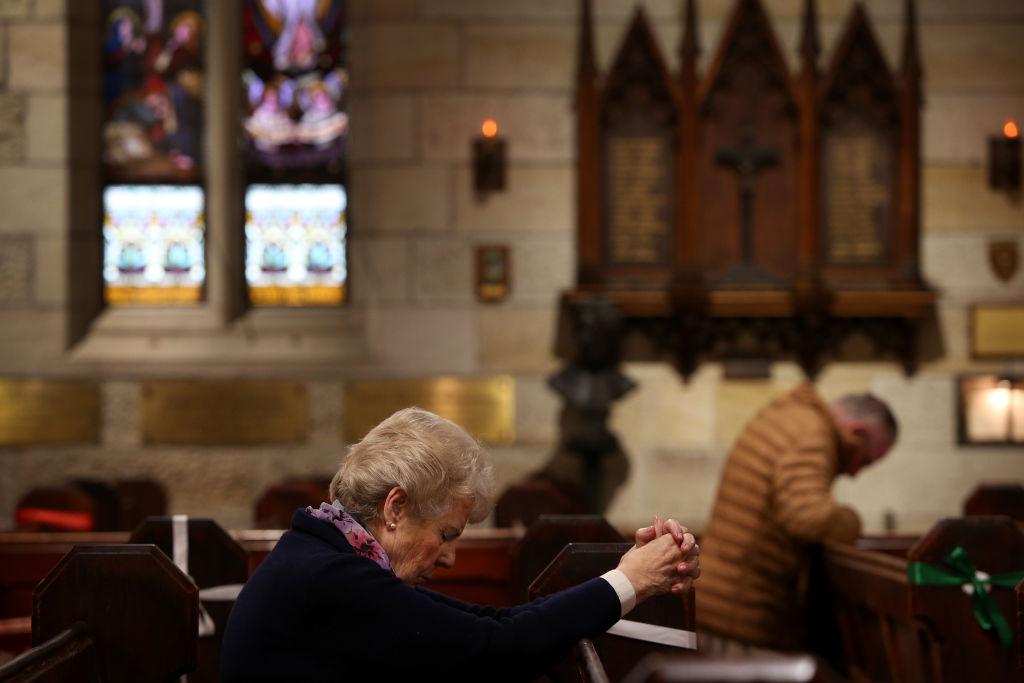Commentary
Time appeared to be running out for the Australian government to deliver on its 2019 election pledge to legislate protections for religious believers and faith-based organisations.

Time appeared to be running out for the Australian government to deliver on its 2019 election pledge to legislate protections for religious believers and faith-based organisations.